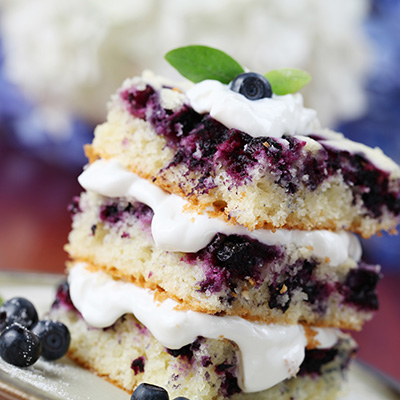- Strawberries
- Cook With Apples
- Grapes
- Grapefruit
- Lemons
- Cabbage
- Asparagus
- All About Bulb Vegetables
- All About Cruciferous Vegetables
- Squash
- All About Root Vegetables
- The Gift of Spice
- Thyme
- Basil
- Raspberries
- All About Tuber Vegetables
- Marjoram / Oregano
- Lemongrass / Citronella
- All Our Fruits, Vegetables and Fresh Herbs
- All About Exotic Fruits
- All About Legumes
- Cooking Pears: Three Inspirational Methods
Berries
All About Berries

Berries are small fleshy fruits. Most are edible and have one or many seeds. Often very sweet, these small fruits are generally prepared as snacks, desserts, pastries and candies. More and more, they are making their way into appetizers and main courses, too.
Small wild berries have existed since prehistory and have been cultivated for at least 6,000 years. Now, thanks to the sophistication of transportation methods and greenhouse production, a variety of small fruits is widely available year-round.

Tips and advice
- When buying berries in clusters or in bulk, discard any mouldy fruit to avoid further propagation.
- Berries can be eaten plain, cooked, dried, jellied, in marmalade, and even stirred or blended into alcoholic or non-alcoholic beverages.
Expert tip
Berries should only be washed just before eating or use to prevent early deterioration
Nutritional value
In general, berries are low in calories, low in fat, and rich in vitamin C, potassium and magnesium.
Storage
Berries are very fragile and need to be quickly chilled if they will be stored for a few days. They should not be left at room temperature or exposed to sunlight. Berries usually taste their best when eaten fresh, but they can be frozen if you have too many to eat right away.
To learn more or get inspired by recipes using berries, check out our stories on blueberries, strawberries and more!















